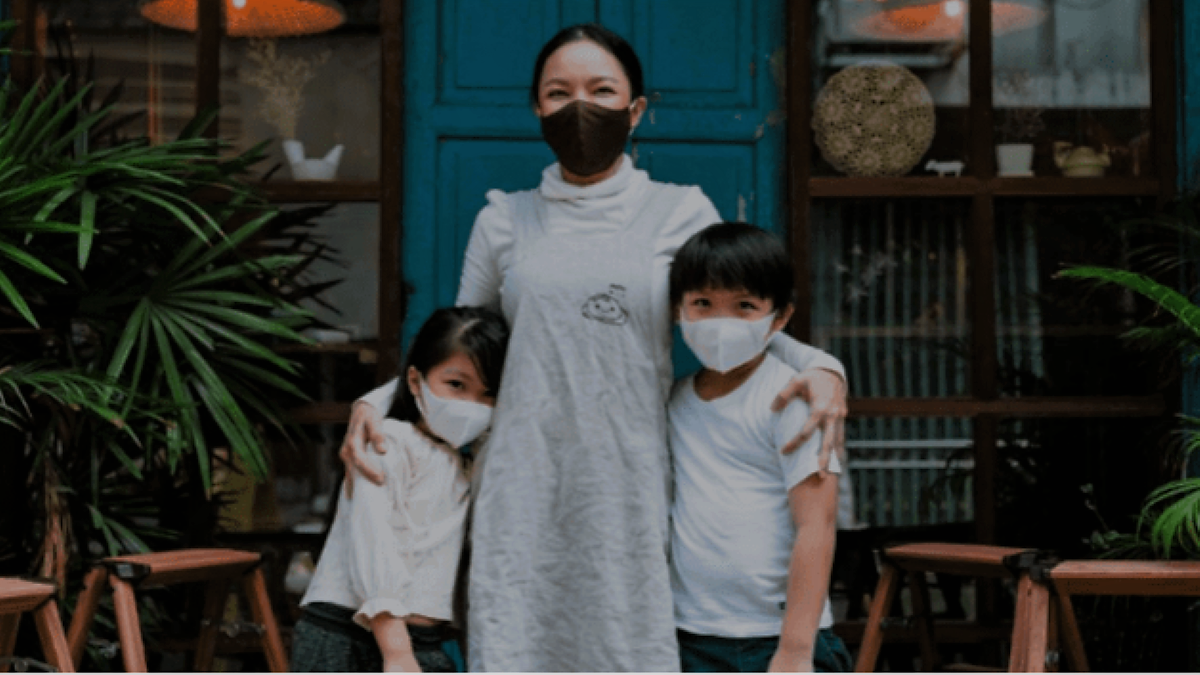Malaysia Population Research Hub

INTRODUCTION
The year 2020 changed everyday living for not just Malaysians, but the entire globe. In Malaysia, when the global pandemic hit most actively in March 2020, Malaysians were forced to adhere to tight guidelines to ensure the safety of themselves and their families. Everyday life routines changed, many jobs were threatened, many businesses were put in a position to make very challenging decisions and those who were infected or had family or friends infected by the virus went through a painful and challenging period.
THE STUDY
Observing the changes Malaysians had made to their everyday lives, The National Population and Family Development Board (NPFDB), an agency under The Ministry of Women, Family and Community Development took a closer look into how Malaysians were coping in this crucial situation, to learn and understand the challenges and sacrifices that many individuals were placed in when the pandemic “disrupted” their lives. The survey will offer insights of the developments that were brought forth by COVID-19, the major shifts of daily lives, and what would continue to be a #newnormal for some time in the future.
A total of 1,175 nationally representative Malaysian aged 18 years and over participated in an online survey conducted from 17th to 20th July 2020. Demographics for the study included a population of Gen X, Y and Z of Malaysians, from rural and urban regions who shared details about their personal life modifications.
FINDINGS
In a rather positive note, NPFDB learned that 48% Malaysians say their personal lives changed only a little bit as a result of the coronavirus outbreak, while lower but still significant 39% say it changed their personal lives in a major way. In aspects of mental and emotional health, only 20% Malaysians expressed that their stress levels had increased a lot, while 43% say it increased a little. This affirmed NPFDB’s hypothesis that mental and emotional health was indeed a concern to be accounted for, amidst COVID-19. As NPFDB foresaw, more than one-third (37%) of Malaysians say they had changed their decisions to delay having children due to COVID-19.

What was more concerning was that more than half (58%) of these Malaysians say the reasons for this decision was due to having insufficient savings, while 31% say it was due to financial reasons impacted by COVID-19. Furthermore, the impact of the pandemic forced Malaysians to make tough decisions and made financial adjustments. Nearly half of respondents (49%) opt to not eating out, 44% are cutting their monthly expenses while 40% respondents drawing down on their savings to ensure they were able to sustain themselves and their families through an unpredictable timeframe

Majority respondents (81%) who are currently working enjoyed being with family during their working from home stint with half of them (51%) said their. This is despite challenges or concerns faced by respondents when WFH with distractions at home at the top (52%), followed by staying motivated (35%), lack of dedicated space for home office (33%), fear of pay cut (32%) and managing workload (31%).
KEY TAKEAWAYS
The learnings from this study shared crucial details of hardships that Malaysians endured and sacrifices they were forced to make. Conversely, it shared positive family life and revealed efficient ways of working. Some valuable lessons learned are:
With this study, it helps NPFDB foresee changes happening by Malaysian population & family life due to COVID-19 pandemic. It offers valuable insights for NPFDB in formulating future strategic plans and create better policies in ensuring inclusivity and well-being of all Malaysians.
Download : PopInfo Issue 2 2020